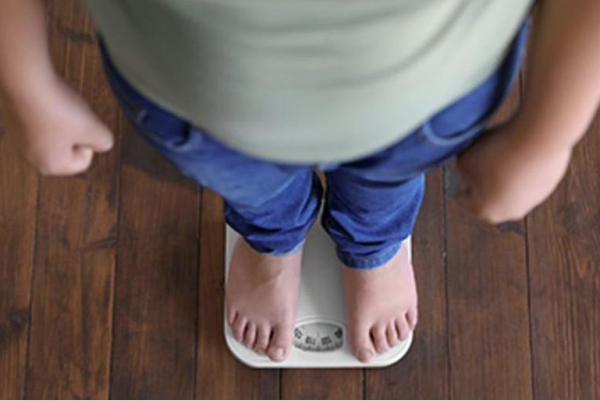
Zepbound far surpassed a placebo in terms of weight loss, regardless of how overweight patients were at the start of the trial, researchers said. Adobe stock
Blockbuster weight-loss medication Zepbound (tirzepatide) appears to help folks quickly shed pounds regardless of how overweight they are, or how long they’ve lived being overweight or obese.
Those are the findings of two separate analyses of a major trial of the injected drug that was funded by maker Eli Lilly. Advertisement
“Regardless of baseline BMI, tirzepatide consistently reduced body weight versus placebo in people with obesity,” said study co-lead author Dr. Louis Aronne. He directs the Comprehensive Weight Control Center at NewYork-Presbyterian/Weill Cornell Medical Center in New York City.
Aronne spoke in a news release from the European Congress on Obesity, which will be held in Venice, Italy, in May. The Congress is releasing the research ahead of the meeting.
The findings stem from a large study of hundreds of overweight or obese people, with or without a diagnosis of type 2 diabetes. “Overweight” was defined as a BMI between 27 and 30, and “obesity” as a BMI of 30 or above. Advertisement
After undergoing a three-month “intensive lifestyle intervention” focused on diet and exercise, patients were randomized to receive either Zepbound or a placebo injection for 18 months.
According to Aronne and colleagues, Zepbound far surpassed placebo in terms of weight loss, regardless of how overweight patients were at the start of the trial.
For example, while nearly all patients taking the drug lost at least 5% of their body weight, that was true for only 30% of those who got the dummy injection.
And while nearly 85% of patients lost 15% of their baseline weight while taking Zepbound, that happened for less than 10% of folks who got the placebo.
These trends were similar “across the BMI subgroups,” according to the news release.
However, people with type 2 diabetes tended to experience less weight loss while using Zepbound compared to those without the disease.
“Further analyses are needed to explore and understand why patients with type 2 diabetes have less weight loss in these trials than those without type 2 diabetes,” Aronne said.
In another subgroup analysis from the same trial, researchers looked for any differences in outcomes based on how many years people had been overweight or obese.
They divided participants into three groups: overweight or obese for 10 years or less; between 10 and 20 years; and above 20 years, as determined by the patient’s own reporting. Advertisement
Across all segments of the trial, “tirzepatide consistently reduced body weight and waist circumference in people living with obesity or overweight with weight-related co-morbidities [illnesses],” regardless of how long they had been living with excess weight and/or diabetes, the study authors concluded.
Tirzepatide first received approval from the U.S. Food and Drug Administration in 2022 to fight type 2 diabetes, under the brand name Mounjaro. Zepbound is a second version of the same medication, focused on weight loss. It received FDA approval for that indication last year.
Because these findings were presented at a medical meeting, they should be considered preliminary until published in a peer-reviewed journal.
Find out more about Zepbound and drugs like it at the Cleveland Clinic.
